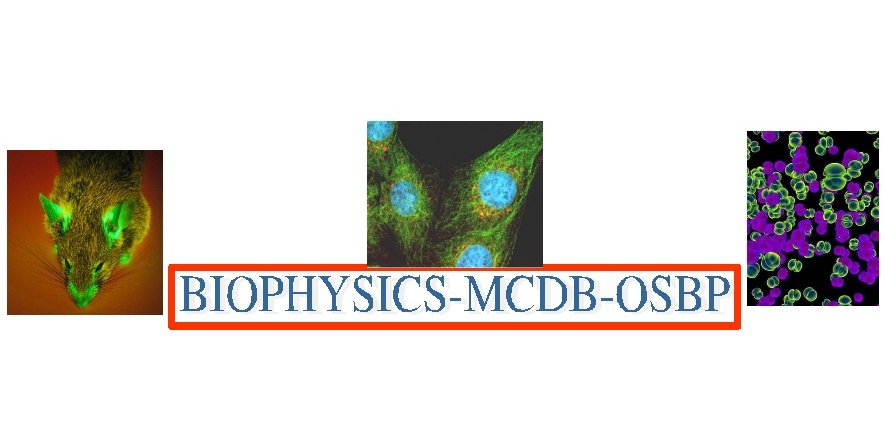Interdisciplinary Graduate Programs Symposium

2010 OSU Molecular Life Sciences
Interdisciplinary Graduate Programs Symposium

Poster abstracts
Abstract:
The Gram-negative bacterial pathogen Burkholderia cenocepacia has the ability to replicate within macrophages and causes chronic disease among immunocompromised individuals. This pathogen has naturally acquired resistance to a wide range of antibiotics, thus treating susceptible infected individuals is difficult. Therefore, an understanding of the molecular details of host cell responses holds promise for the development of novel therapeutics. Here, we examined signaling mechanisms involved in human and murine macrophage responses to B. cenocepacia. Our data indicate that the PI3K/Akt pathway and NFκB activation are critical for host cell inflammatory response to this pathogen. Thus, inhibition of PI3K, Akt or NFκB with pharmacologic inhibitors led to attenuation of cytokine production. On the other hand, macrophages expressing constitutively-active Akt produced significantly elevated levels of inflammatory cytokines. In addition we found that the PI3K/Akt pathway is upstream of NFκB activity. Evaluation of the mechanism of PI3K/Akt influence on NFκB activation indicated that inhibition of this pathway did not suppress IKK phosphorylation, nor NFκBp65 phosphorylation. Further examination lead to the finding that the PI3K/Akt pathway suppresses GSK3β (a repressor of NFκB-dependent gene transcription in this context), thus accounting for the positive regulatory influence on NFκB. In addition to the PI3K/Akt pathway regulating NFκB activity, we are investigating the role of this pathway on intra-macrophage control of B. cenocepacia and in vivo host-resistance to infection.
Collectively, these studies will determine whether the manipulation of this pathway may be of therapeutic benefit for B. cenocepacia infections and may be applicable to intracellular bacterial pathogens in general.
Keywords: Microbial Pathogenesis, PI3K, Burkholderia